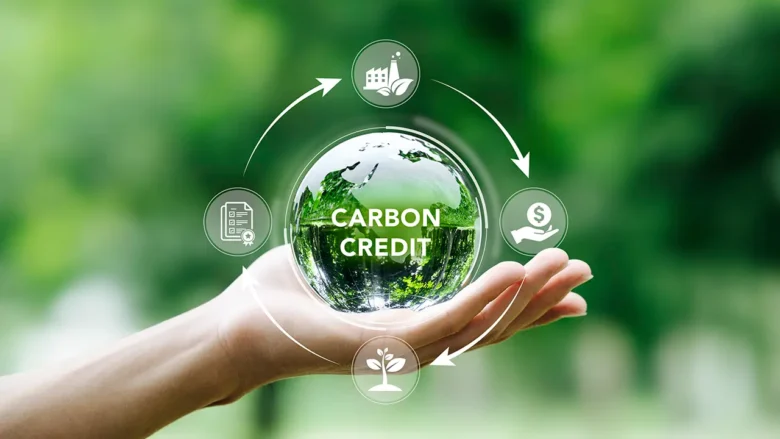Keeping track of your finances can seem like a never-ending chore. It’s easy to feel overwhelmed when you have to track your expenses, stick to a budget, and plan for the future. But what if technology could help? AI expense managers are smart programs that automatically track your money, provide real-time information, and even predict …
Carbon finance involves trading credits to offset emissions from various projects such as reforestation and clean cookstoves, thereby offering businesses a financial incentive to reduce pollution.Investment in high-integrity carbon markets should support projects that contribute to both climate and sustainable development goals, and ICVCM standards ensure they do so successfully. 1. Reducing Greenhouse Gas Emissions …
Teens and young adults need to have a deeper understanding of money in today’s fast-paced digital world. Smart money management for teens is more than just opening a savings account; it’s about teaching them lifelong financial skills. Teens can learn how to budget, save, and spend wisely before they face real-world financial problems. Today’s banking …
Self-esteem refers to how we see and value ourselves. It influences all aspects of our lives, including how we spend our money. People often don’t realize that how they spend their money says a lot about how they feel about themselves. When someone feels bad about themselves, shopping can be a way to feel better, …
Financial therapy is an emerging field that combines financial planning with emotional and psychological support. It examines our thoughts, attitudes, and behaviors toward money and helps us understand how past experiences have influenced how we manage money today. It’s not enough to simply learn how to budget or invest; you also need to identify the …
People often perceive money as a rational and practical aspect of life, yet it intimately influences our emotions. When we spend, save, or invest, it’s often about how we feel at that moment, not the numbers. How we feel—happy, scared, guilty, ashamed, excited, or insecure—can significantly impact the choices we make with money. These feelings …
People with a scarcity mentality focus on fear, lack, and limitations. Those stuck in this mindset always believe they don’t have enough of something, whether it’s money, time, opportunities, or love. This belief influences how people see the world, how they make choices, and how they communicate with others. It can create a cycle of …
Green bonds offer a novel way of financing that helps bridge the gap between profitable investing and environmental sustainability. They function as conventional bonds; however, with one major difference: the money raised has to be used for only environmental projects. From renewable energy projects to sustainable management of water systems, green bonds have proven to be a …
Spending money isn’t just a rational choice based on need; it’s also heavily influenced by our emotions, thoughts, and unconscious triggers. Even if we’re not aware of it, factors inside and outside us influence every financial decision we make. Marketers and advertisers know this and create ads that tap into our deepest emotions. Spending itself …
The financial sector has long been accused of prioritizing profit over the principles of its business, but an increasing movement is challenging the status quo. Ethical banking is a major shift in the way that institutions function, placing the same importance on environmental responsibility and social sustainability alongside financial return. The banks are aware of what the …









